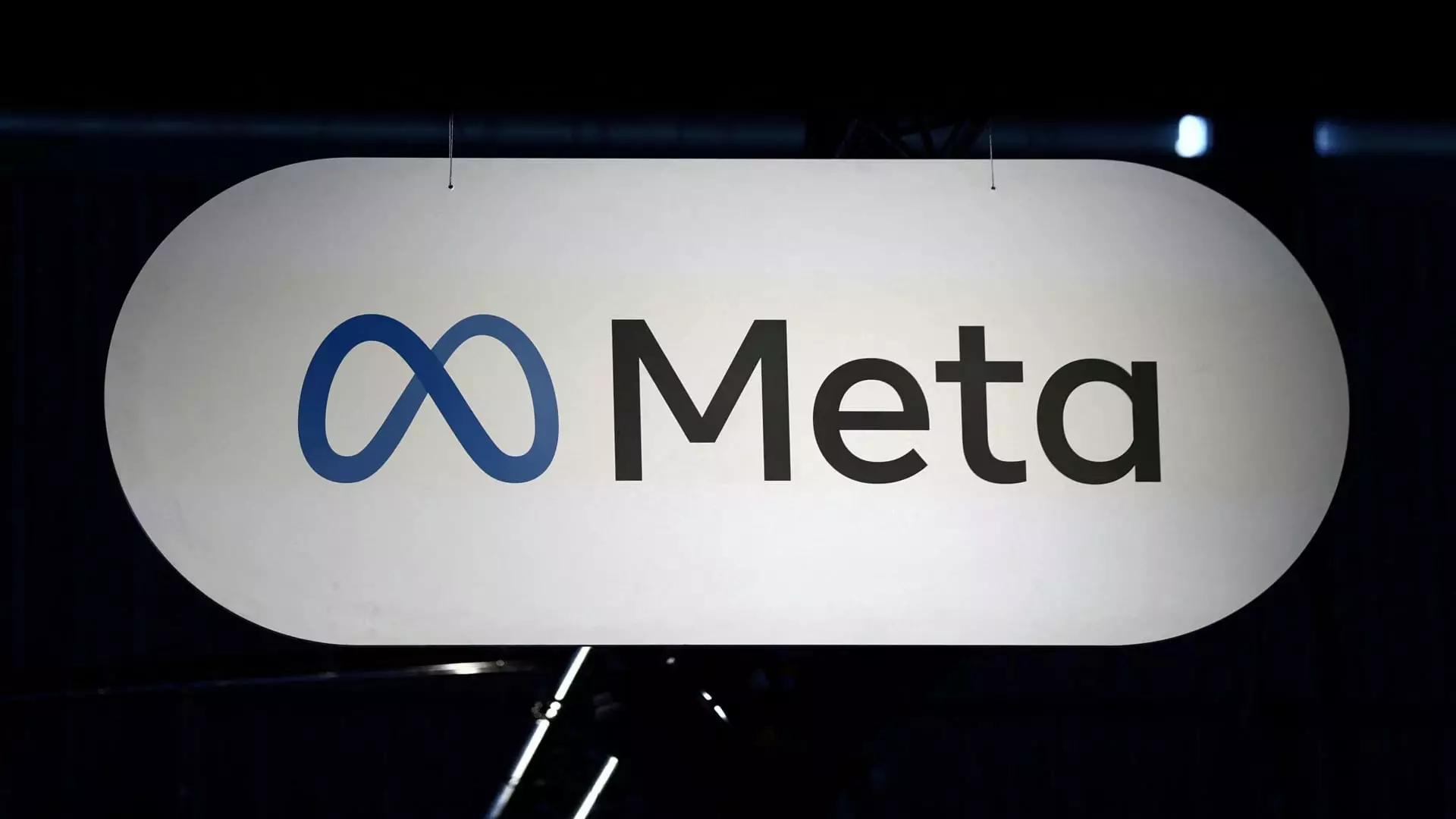Meta Platforms, a powerhouse in social media and digital innovation, has recently made a significant pivot in its artificial intelligence strategy. After months of an unprecedented hiring spree — characterized by multimillion-dollar incentives and high-profile acquisitions — the company has announced a pause in recruiting for its new AI division. This move signals not a retreat but an intentional recalibration of priorities amidst a landscape fraught with both immense potential and considerable uncertainty. While initial reports from sources like the Wall Street Journal depicted this as a hiccup, it becomes clear upon closer inspection that Meta is deliberately shifting gears to consolidate its resources and clarify its long-term vision in AI.
This pause isn’t merely about stopping recruitment — it’s a reflection of Meta’s recognition that rapid expansion requires careful management. The company’s aggressive approach, exemplified by its acquisition of Scale AI founder Alexandr Wang and the hefty investments in AI research, created a perception of limitless ambition. However, relative to the scale of its previous spending, this strategy now appears to be entering a phase of introspection. Even with the massive influx of AI talent—some reportedly with signing bonuses reaching $100 million—the company is consciously slowing down to prevent overextension. This strategic halt suggests an understanding that technological innovation, especially in AI, demands not just investment but foundational stability.
The Restructuring and Its Implications for AI Innovation
Meta’s internal reorganization into four specialized teams hints at a nuanced approach toward AI development. Separating efforts into the “TBD lab,” product development, infrastructure, and exploratory research allows the company to focus on both short-term application and long-term superintelligence ambitions. The core idea appears to be building a sustainable framework with clear delineations of responsibility, ensuring that each division can innovate without overreaching or spreading itself too thin.
Chief Executive Mark Zuckerberg’s vision of creating AI that surpasses human cognitive abilities — dubbed “Meta Superintelligence Labs” — remains ambitious. But ambition alone isn’t enough. By restructuring, Meta effectively creates a more disciplined environment to nurture breakthroughs. Its focus on superintelligence, a field fraught with ethical, technical, and economic challenges, necessitates a cautious, strategic approach rather than a reckless chase for dominance. The pause indicates Meta wants to ground its goals in realistic, manageable steps rather than risking costly miscalculations.
This reflects a broader industry truth: the race toward AI supremacy is as much about strategic patience as it is about technological prowess. Meta’s decision to step back from a frenzied hiring and investment push indicates a maturing perspective on what it takes to build truly transformative AI systems.
The Bubble Debate and Market Realities
Amid Meta’s pause, discussions about whether AI investments are in a bubble have intensified. Notably, OpenAI CEO Sam Altman expressed concerns about AI being overhyped, suggesting that some players in the industry may be overextending themselves. Critics argue that the industry’s exuberance risks inflating expectations and inflating valuations beyond sustainable levels.
Yet, many industry analysts contend otherwise. They highlight that the current wave of AI innovation is part of a profound fourth industrial revolution, akin to the advent of electricity or the internet. Companies like Meta are strategically balancing their investments, acknowledging the need for longer-term development rather than short-term hype. Tech experts like Dan Ives emphasize that AI stocks remain undervalued despite recent volatility, asserting that the industry’s fundamentals outweigh the noise. This perspective suggests that the pause isn’t an indication of weakening confidence but a maturation of the AI sector.
Meta’s approach exemplifies this shift. Rather than rushing headlong into unchecked spending, the company appears to be carefully weighing its next moves. This could ultimately be a more sustainable path forward, aligning investment with tangible innovation rather than speculative hype.
Rethinking Growth in a Changing Tech Ecosystem
Meta’s current strategy signals a broader realization that scaling AI requires more than just money and top-tier talent; it demands strategic planning, ethical considerations, and long-term vision. The company’s decision to slow hiring and restructure its efforts doesn’t imply retreat but an acknowledgment of the complex landscape ahead.
This pause might also be indicative of broader industry patterns. As AI becomes increasingly embedded in daily life and enterprise solutions, companies are recognizing the importance of building a solid technological and ethical foundation before scaling further. Rushing to be first or biggest can lead to costly setbacks, as seen in earlier tech bubbles.
In this context, Meta’s “resting phase” could be viewed as an act of leadership—Choosing to invest in stability and coherence over chaos. It is a testament to the company’s understanding that genuine innovation in AI isn’t about quick wins but about building responsible, scalable systems capable of transforming society in meaningful ways.
This strategic recalibration underscores that in the pursuit of technological greatness, patience and careful planning are as vital as ambition. The days ahead will reveal whether Meta’s measured approach will enable it to lead the next wave of AI breakthroughs or whether it’s merely hitting pause before an inevitable surge—an opportunity to perfect its vision rather than chase fleeting success.

